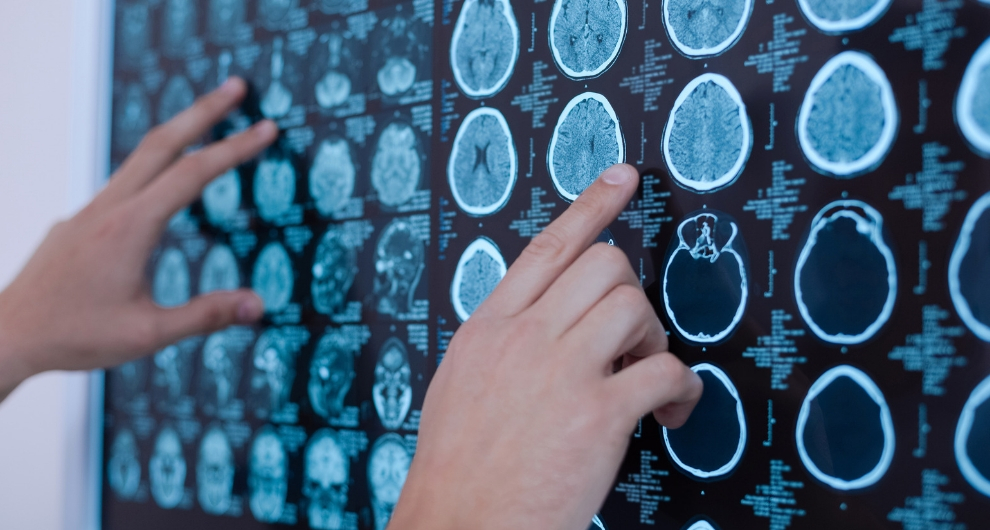
In just one year, traumatic brain injuries (or TBI) accounted for nearly 2.2 million emergency department visits, 280,000 hospitalizations and 50,000 deaths according to the U.S. Centers for Disease Control and Prevention (CDC).
A TBI is caused by a bump, or jolt to the head that disrupts the normal function of the brain. The severity of a TBI may range from “mild” (i.e., a brief change in mental status or consciousness) to “severe” (i.e., an extended period of unconsciousness or amnesia after the injury).
The most common traumatic brain injuries that occur each year are mild, and commonly called “concussions.”
Concussions don’t happen just from sports, and they don’t just happen to young adults and kids. Falls are the leading cause of TBI, nearly 4 in 5 (79%) happen to the aging population, aged 65 and older. TBIs are also common after car accidents or any other trauma to the skull. It’s important to realize injury doesn’t necessarily correlate with how hard the blow or jolt to the head was and frequently does not result in a loss of consciousness.
What are the potential effects of TBI?
A TBI can cause a wide range of functional short- or long-term changes affecting:
-
Thinking (i.e., memory and reasoning)
-
Sensation (i.e., sight and balance)
-
Language (i.e., communication, expression, and understanding)
-
Emotion (i.e., depression, anxiety, personality changes, aggression, acting out, and social inappropriateness)
Repeated mild TBIs occurring over an extended period of time can result in cumulative neurological and cognitive deficits. Repeated mild TBIs occurring within a short period of time (i.e., hours, days, or weeks) can be catastrophic or even fatal.
When to seek medical attention for a potential TBI?
Follow these recommendations from the CDC on when to seek medical attention.
In adults:
-
Headache that gets worse and does not go away
-
Weakness, numbness or decreased coordination
-
Repeated vomiting or nausea
-
Slurred speech
-
Drowsy or cannot be awakened
-
One pupil (the black part in the middle of the eye) appears larger than the other
-
Have convulsions or seizures
-
Cannot recognize people or places
-
Are getting more and more confused, restless, or agitated
-
Have unusual behavior
-
Lose consciousness (a brief loss of consciousness should be taken seriously and the person should be carefully monitored)
In children:
Any of the adult symptoms, as well as if the child will not nurse or eat or cannot be consoled.
General tips to help aid in the recovery of a TBI:
-
Get lots of rest. Don’t rush back to daily activities such as work or school.
-
Avoid doing anything that could cause another blow or jolt to the head.
-
Ask your health care professional when it’s safe to drive a car, ride a bike, or use heavy equipment. Your ability to react may be slower after a brain injury.
-
Only take medications your health care provider has approved. Don’t drink alcohol until your health care provider says it’s OK.
-
Write things down if you have a hard time remembering.
-
You may need help to re-learn skills you lost. Your health care professional can help arrange for these services.



